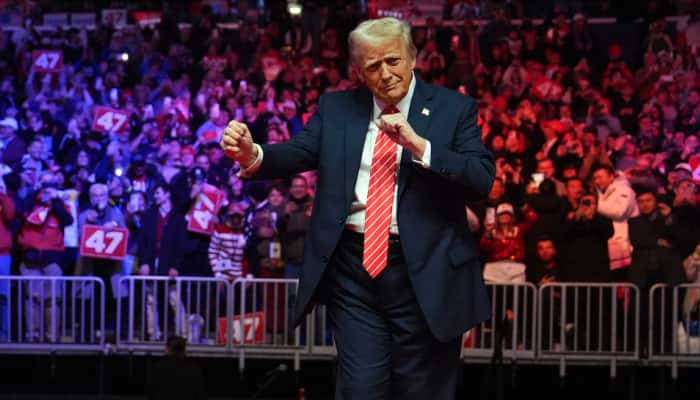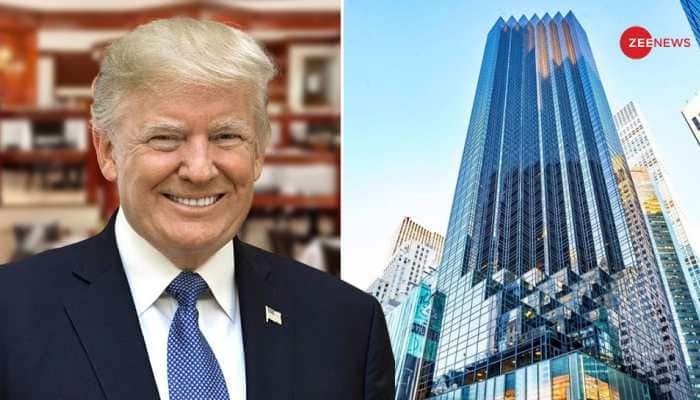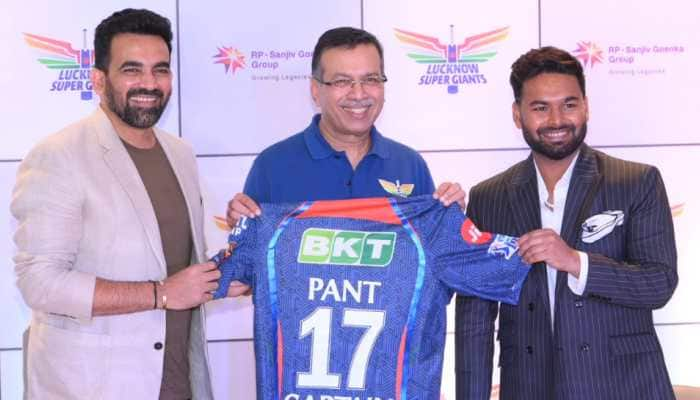'UK polls may marginally increase number of Indian-origin MPs'
The number of Indian-origin MPs in the British Parliament is likely to increase marginally following the next month's snap general election, according to a think tank.
Trending Photos
)
London: The number of Indian-origin MPs in the British Parliament is likely to increase marginally following the next month's snap general election, according to a think tank.
British Future has analysed the trends that saw 10 Indian-origin candidates elected to the Parliament in the 2015 general election and found that the ruling Conservatives are set to increase their tally slightly.
However, there is likely to be a drop in the Opposition Labour party's tally which would result in a net increase of one or two Indian-origin MPs.
"The next month's general election (on June 8) may well see the Conservatives overtake Labour as the party with the most ethnic minority MPs in the House of Commons.
"If (Prime Minister) Theresa May secures the type of landslide, three-figure majority suggested by the opinion polls, new research suggests that she would be on course to achieve that symbolic overturning of the Left's historic claim to leadership in this area," said Sunder Katwala, Director of British Future.
There are currently five Indian-origin Conservative MPs in the House of Commons Priti Patel, Alok Sharma, Shailesh Vara, Rishi Sunak and Suella Fernandes.
The party has additionally nominated Rahoul Bhansali, Samir Jassal, Ameet Jogia, Resham Kotecha, Reena Ranger, Meera Sonecha, Minesh Talati and Paul Uppal to contest the June election.
Among the new Tory entries, Uppal and Kotecha have the maximum chance of winning in their constituencies of Wolverhampton South-West and Coventry North-West respectively.
The Opposition Labour Party's tally also stands at five with Keith Vaz, sister Valerie Vaz, Virendra Sharma, Seema Malhotra and Lisa Nandy.
The party has additionally fielded Neeraj Patil, Rohit Dasgupta, Hitesh Tailor, Navin Shah, Navendu Mishra, Tanmanjeet Singh Dhesi, Kuldip Singh Sahota, Manjinder Kang and Preet Kaur Gill.
Among the Labour party's new group of prospective parliamentary candidates, Gill and Dhesi look set to be among the first British Sikhs to enter the House of Commons next month from Birmingham Edgbaston and Slough constituencies respectively.
"Looking at the seats where Labour holds the slimmest majorities, won the last election by 10,000 votes and under, if Labour were to lose all of these marginal seats, one Labour Indian-origin MP would lose his/her seat and three Conservative Indian-origin MPs would win seats.
"The number of Indian-origin Conservative MPs would increase to nine, and Indian Labour seats would fall to four. There will be a net Indian MP increase of two," the think tank said.
However, there is also a chance that the Conservative party win more or less than these 114 "marginal seats" and could win seats in unforeseen places, it said.
"The final total will depend on the scale of the government's majority, and several constituency races that are too close to call with any confidence," said Katwala, who sees a neck and neck race between the two parties on ethnic minority representation in the Parliament.
Both the main political parties have repeatedly stressed their commitment to ensuring wider ethnic minority representation in the Parliament.
"The Conservative Party has a proud record of ensuring candidates from all walks of life stand for the Parliament," a party spokesperson said.
It has, however, been criticised for fielding ethnic minority candidates only in so-called safe seats rather than the tougher to win marginal seats.
The Labour party, which has a marginally better record on this count says, "The Labour Party is the party of equality. We seek to build a society free from all forms of racism, anti-Semitism and Islamophobia".
Stay informed on all the latest news, real-time breaking news updates, and follow all the important headlines in india news and world News on Zee News.
Live Tv







)
)
)
)
)
)
)
)
)
)
